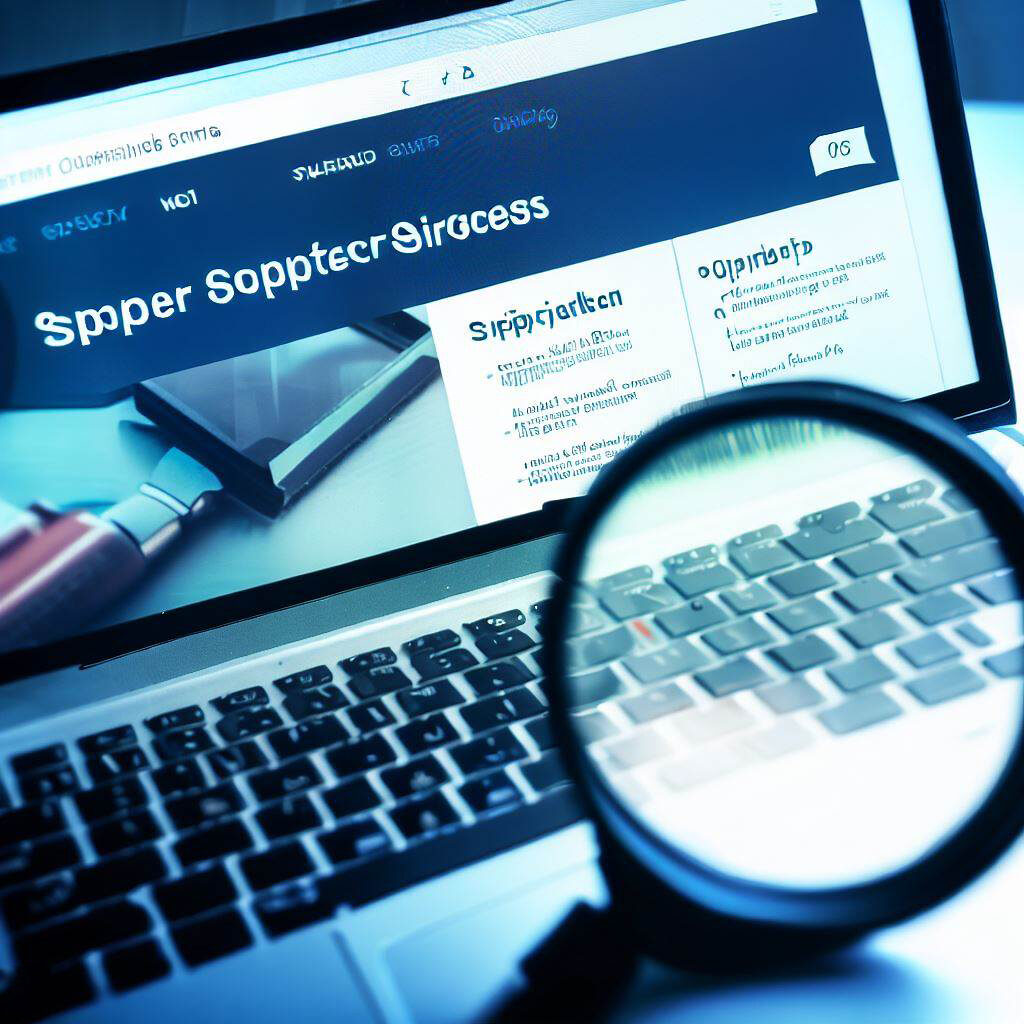Importing products from China can be an excellent way to expand your product offerings and source quality products at affordable prices. China is one of the world’s largest exporters, and it has a vast network of suppliers and manufacturers who offer a broad range of products. However, importing products from China can also be challenging, and it’s essential to understand the process and potential risks involved.
In this guide, we’ll provide a comprehensive overview of importing products from China, with a focus on XF souvenir magnets and crafts. These tips will help you navigate the sourcing process and find reliable suppliers who can provide quality products at competitive prices.
1: Researching Suppliers and Products

The first step in importing products from China is to research potential suppliers and products. There are many online directories and marketplaces, such as Alibaba and Global Sources, where you can find suppliers who offer the products you’re interested in. It’s important to assess potential suppliers’ qualifications and credentials, such as experience in your industry, certifications, and quality management systems. You should also evaluate product quality and specifications by requesting product samples and comparing them to your specifications. Additionally, you should consider the supplier’s reputation and reviews from other buyers.
When researching potential suppliers, it’s important to remember that not all suppliers are created equal. In particular, many suppliers may offer products that are similar to what you’re looking for but may not be able to meet your specific needs or requirements. To ensure that you find the right supplier, it’s important to be clear about your expectations and requirements from the outset.
One way to ensure that you find the right supplier is to work with a sourcing agent or consultant who specializes in importing products from China. These professionals have the experience and expertise to identify reliable suppliers who can meet your needs and requirements. They can also help you negotiate prices and terms, manage quality control and inspections, and handle shipping and logistics.
2: Communication and Negotiation

Once you’ve identified potential suppliers, it’s important to establish clear channels of communication and negotiate terms and pricing. Effective communication is crucial to ensure that both parties understand each other’s expectations and requirements. You should establish clear channels of communication, such as email or messaging apps, and work with suppliers who are responsive and willing to work with you to achieve your goals.
Negotiation is also an essential part of the process, and you should be prepared to walk away from a deal if it doesn’t meet your needs. However, it’s important to remember that negotiation is a two-way street, and you should be willing to compromise and find mutually beneficial solutions. For example, you may be able to negotiate better prices or terms by agreeing to larger order quantities or longer lead times.
When negotiating with suppliers, it’s also important to be clear about your expectations and requirements. This includes specifications for product quality, packaging, labeling, and delivery. You should also be clear about your payment terms and any other relevant details, such as warranties or guarantees.
3: Contracts and Agreements

Having written contracts and agreements in place is essential to protect your interests and ensure legal compliance. You should include essential terms, such as delivery dates, payment terms, and quality standards, and ensure that both parties review and sign them. It’s also important to ensure that your contracts comply with all relevant laws and regulations, both in China and in your home country.
Consider hiring a legal professional who specializes in international trade to help you create effective contracts and agreements. These professionals can help you navigate the complexities of international trade law and ensure that your contracts are enforceable in both China and your home country.
4: Product Development and Sampling

Working closely with your suppliers to develop product designs and specifications that accurately reflect your branding and design requirements is crucial. You should request and evaluate product samples to ensure that they meet your quality standards and specifications. Make necessary modifications and adjustments before moving forward with production.
Using a product development platform, such as Draftbit, can help you create and test product prototypes before investing in production. This can help you identify any potential issues or design flaws before they become bigger problems.
It’s also important to work with suppliers who have experience in custom product development. These suppliers can help you create unique and memorable products that stand out in a competitive market. They can also provide valuable insights and suggestions for improving your product designs and specifications.
5: Quality Control and Inspection

Quality control and inspection are critical to ensuring that your products meet your quality standards and comply with all relevant regulations. You should set quality standards and expectations and conduct product inspections and quality control checks throughout the production process. Investing in quality control and inspection can help you identify and address quality issues before they become bigger problems.
Conduct product inspections before shipment to ensure that your products meet your quality standards and comply with all relevant regulations. You should also work with suppliers who have quality management systems in place, such as ISO 9001, to ensure that they have established processes and procedures for maintaining product quality.
In addition to conducting product inspections and quality control checks, you should also consider conducting factory audits. Factory audits involve visiting the supplier’s manufacturing facility to assess their production processes, quality control systems, and labor practices. Factory audits can help you identify potential risks and vulnerabilities in your supply chain and ensure that your suppliers are operating ethically and responsibly.
6: Shipping and Logistics

Shipping and logistics can be complex when importing products from China. You should identify and select shipping methods and carriers that meet your needs and requirements, such as air or ocean freight. Managing customs and import/export regulations is also crucial to ensure a smooth process.
Working with a logistics provider or sourcing agent can help you navigate the complexities of shipping and logistics. These professionals have the experience and expertise to manage the entire shipping process, from arranging transportation to managing customs clearance and handling any issues that may arise.
It’s also important to consider the total cost of shipping and logistics when negotiating prices with your suppliers. Shipping and logistics costs can vary widely depending on the shipping method, carrier, and destination. By understanding these costs upfront, you can negotiate better prices and ensure that your products are delivered on time and within budget.
7: Building Relationships and Long-Term Success

Building strong relationships with your suppliers is key to long-term success. You should be a good partner and communicate regularly and openly with your suppliers. Investing in building relationships can help you negotiate better terms and prices and create future business opportunities and collaborations.
Work with suppliers who are committed to your success and satisfaction. This includes suppliers who are willing to work with you to improve product quality, develop new products, and find cost-saving solutions. You should also consider visiting your suppliers in person to build personal relationships and gain a better understanding of their operations.
Conclusion
Importing products from China can be a great way to expand your product offerings and source quality products at affordable prices. By following these seven steps and working with reliable suppliers, you can ensure a successful sourcing process and build a profitable, long-term business.
For businesses like XF souvenir magnets and crafts, importing from China can be a great way to showcase your branding in a unique and memorable way. Work with suppliers who have experience in custom product development and who are committed to quality and customer satisfaction to build a successful business that stands out in a competitive market.
Remember that importing products from China requires careful planning and attention to detail. By doing your research, communicating effectively, and building strong relationships with your suppliers, you can minimize risk and maximize success.




